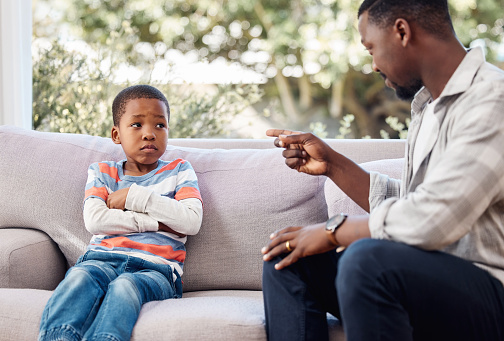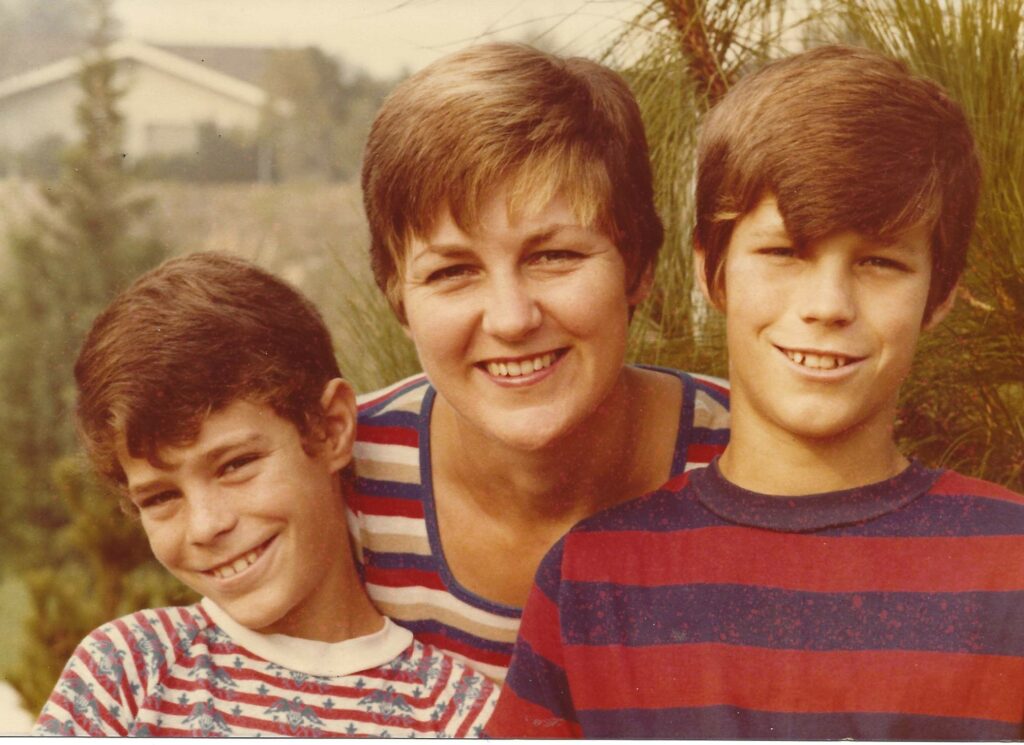
There is nothing more painful than having a fractured relationship with your child. You desperately want to heal the relationship. What are some ways that work to heal the relationship? and what ways do we frequently try that only make it worse?
Responsible parenting includes rules and consequences, of course!
Certainly, parenting includes clear instructions plus appropriate consequences when a child knows what to do and refuses to do it. For instance, one eight-year-old refused to get out of bed in time for school in the morning. Finally, his father said, “Every morning that you have to be pulled out of bed, you’re telling me you didn’t get enough sleep. Therefore, you will go to bed 30 minutes earlier the next evening.” Simple instruction. Simple consequence. Effective!
But what if…
A child becomes rebellious, recalcitrant and sullen, refusing to follow reasonable directions or obey the rules, what then? Or you notice big changes in a kid’s attitude. He’s become withdrawn. She’s totally uncommunicative. Nagging, begging, chiding only pushes that child further away from you. You become more worried and frustrated. You want to heal the relationship with your child!
What can you do that is effective?
Listening for the purpose of understanding the other’s point of view is a healing balm for almost every hurting relationship. That means really listening…not giving advice, not arguing, not proving your point.
You can tell from the look on the other’s face whether what you are saying is developing connection or distance. In this photo, it is obvious that only resentment is being produced…not cooperation.
I love this true story of a dad who got creative and won back the relationship with his daughter…
Big Bunny
by Robert Wolgemuth
John and his wife, Cindy, had been troubled by a growing emotional separation between themselves and their daughter Elizabeth. “Elizabeth was getting further and further away from me,” John confessed. “I thought I was losing my girl. Either she was making excuses for missing dinner or we were silently bumping into each other around the house. Our relationship was in a mess. The knot in my stomach was affecting everything in my life.”
Late one evening he knocked on Elizabeth’s door. John’s daughter opened the door. “May I come in?” John asked.
Without a word, Elizabeth turned, walked back to her desk, and sat down, her back to her father. Assuming that it was okay to enter, John found a spot to sit on the corner of the bed.
“You know, Elizabeth,” he began, “when I was a little kid I had a stuffed animal named Big Bunny.”
The blank stare on Elizabeth’s face as she turned to look at him let John know that his little story was not captivated her imagination and that he’d better get to the point.
“Whenever I was frustrated or scared or mad or nervous about something, I would talk to Big Bunny,” John continued. “And do you know what? Big Bunny always listened to me,” John said, feeling that old emotion as he remembered how he used to pour his heart out to his special stuffed friend. “I don’t know what I would have done without Big Bunny.”
After a lengthy silence, John finally said, “Elizabeth, I know you’re growing up. You’re a beautiful young woman. And although it’s been a long time since we put your stuffed animals away in the attic, I would like to give you a Big Bunny of your very own.
A surprise solution:
“Dad, you’re not serious,” Elizabeth said without hesitation, a tone of disbelief in her voice
“Don’t worry,” John said. “I know you’re too old for an actual stuffed toy.”
Elizabeth was visibly relieved.
These conditions are crucial for success!
He told her that whenever she wanted someone to talk to—someone who would not be critical; someone who would listen and not give advice—he would be her Big Bunny. All she had to say to her dad was, “Can I talk to Big Bunny?”
The ground rules were that John had to stop being dad. He could only listen. John could not criticize or give advice unless Elizabeth asked for it. Big Bunny was a free friend—not a coach, a teacher, or a minister…not even a parent! If Elizabeth’s request came when John didn’t have the time to listen, he would make an appointment with his daughter for later…and keep it.
As John told me this story, his eyes filled with tears. “Big Bunny saved my life,” he whispered. “Big Bunny is working. Elizabeth finally has a place to unload her frustrations and fears. Because of Big Bunny, our relationship is on the mend.”
When my children were little, I confess I thought it was more important for them to listen to me, than for me to listen to them! I thought I had the best answers for them…that they needed to hear and adopt my rules and wisdom.

A personal example of healing a relationship with my child:
Years later, my adult son was obviously very angry with me. Whenever he tried to tell me why, I reacted with defensiveness. I wanted him to understand me. But what he needed was for me to understand his point of view about the years when I simply wasn’t there for him in the way he needed me to be. I finally understood that in order to heal the relationship with my adult child, he needed me to be the caring, supportive parent now, that I hadn’t been then.
Whenever we spoke, often by phone, and he shared anything from those years, my priority was to understand how he felt in those years. With genuine empathy, I repeated back to him what he told me. I felt what he had felt...we often were both crying…and in that empathy, came healing. It didn’t happen overnight. It took a few years and several occasional conversations for all his bitterness to drain away. But, the relationship with my child was healed. Now we thoroughly enjoy each other without any hint of the former antagonism and bitterness.
If you’d like more help with a troubled relationship, book a free consultation with me using this link: https://nancylandrum.com/contact/
You have my love and support,

